News
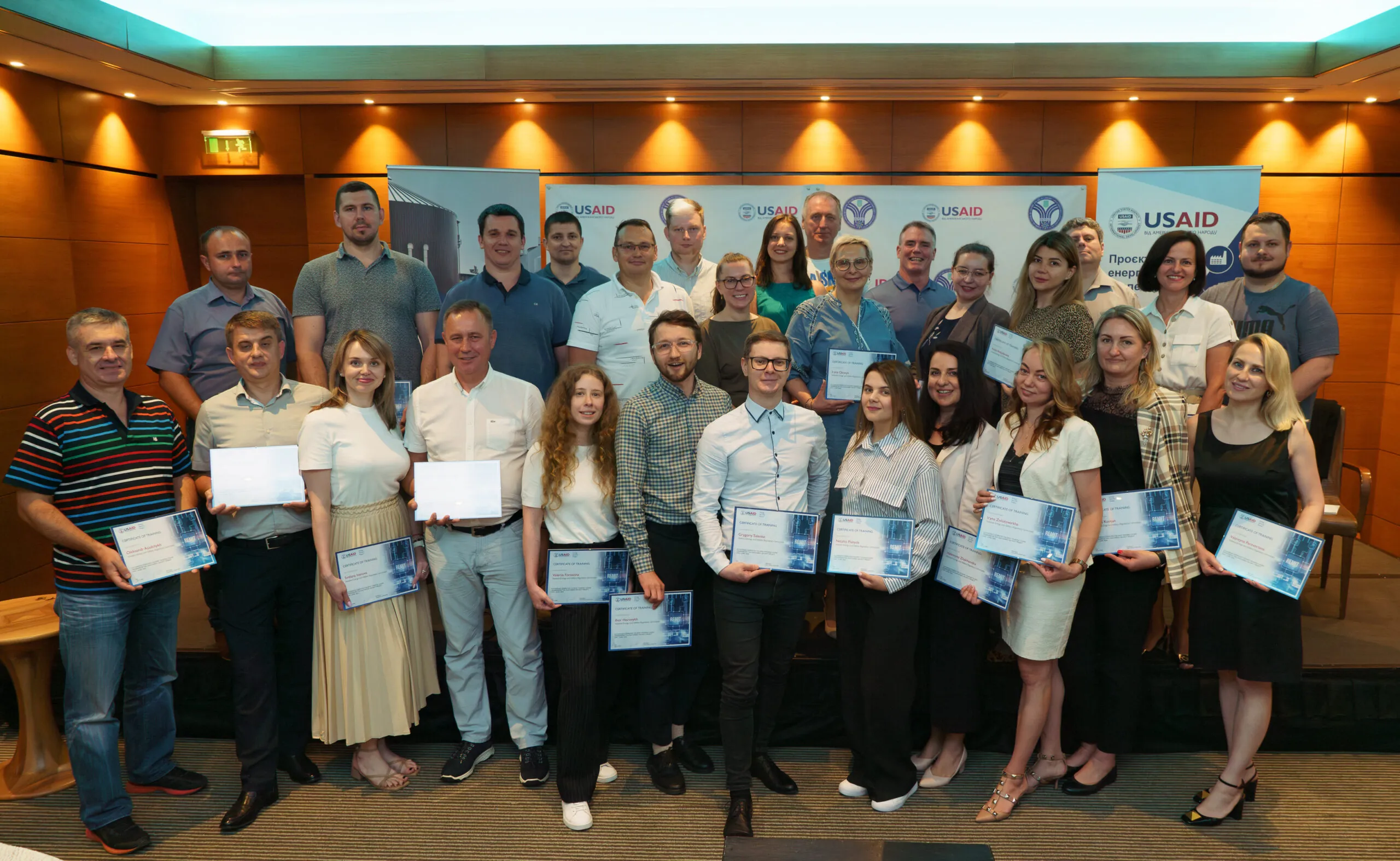
USAID ESP Helps NEURC to Enhance Its Capacity to Implement REMIT
Ukraine's energy markets require considerable reforms to ensure their transparency and independence, strengthening energy security and paving the way for Ukraine’s integration with European markets. The Regulation on the Integrity and Transparency of the Electricity Wholesale Market (REMIT—EU Regulation 1227/2011) is an integral part of this reform.
The REMIT concept is new for Ukraine and...

January 21, 2022
USAID handed over to Luhansk Energy Association the dedicated equipment for over UAH 7.7 million
The United States Agency for International Development (USAID) has handed over to Luhansk Energy Association LLC the dedicated equipment for over UAH 7.7 million through the Energy Security Project. USAID is creating the necessary conditions to ensure uninterrupted energy supply for over 340,000 household and 8,000 commercial customers in the Ukraine’s government-controlled territory of Luhansk Oblast, and thus contributing to strengthening of Ukraine’s energy security.
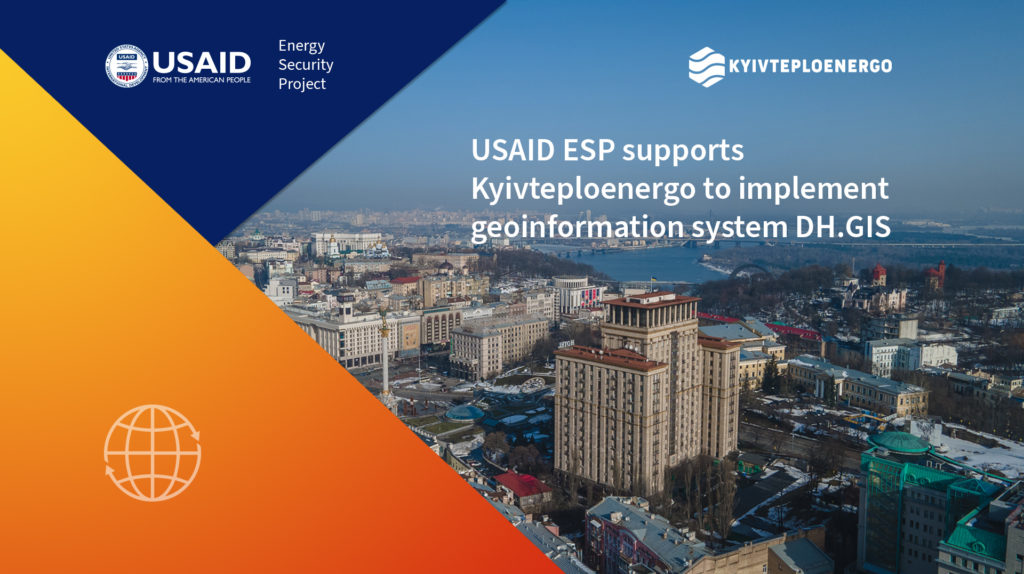
December 21, 2021
USAID ESP helps Kyivteploenergo to automate heat supply control
Backed by USAID Energy Security Project, the Public Utility “Kyivteploenergo” is adopting the DH.GIS geoinformation system based on a software platform by Globema.
The DH.GIS software package will enable a digital map containing data on 2,700 km of district heating networks and over 200 heat sources across Kyiv. This map will automatically display any changes within the system, particularly data from aerial monitoring of heat networks.
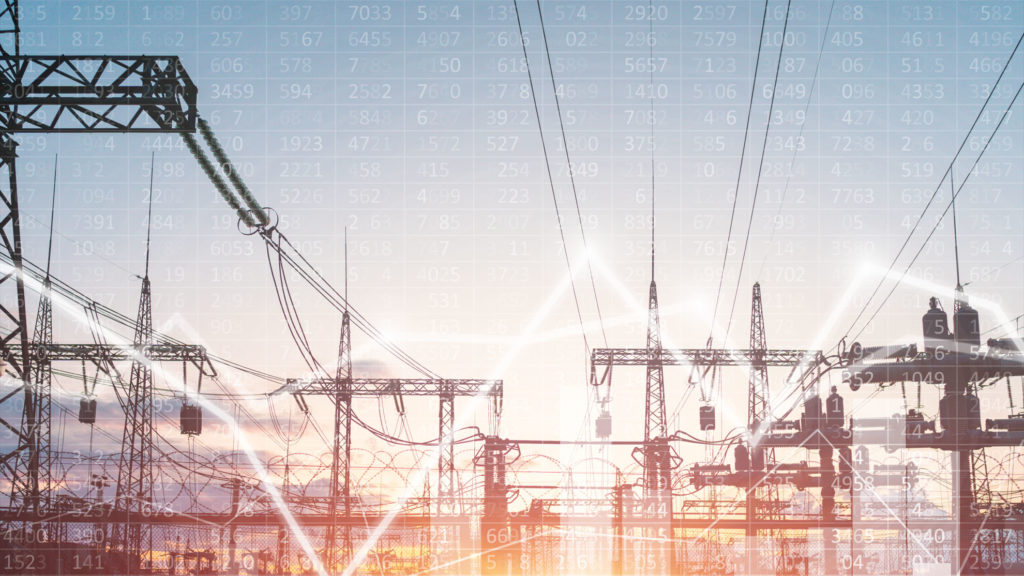
December 1, 2021
USAID ESP helps NEURC to enhance the monitoring of the electricity market in determining market concentration indicators
The United States Agency for International Development (USAID), through the Energy Security Project (ESP), works in close cooperation with the National Energy and Utilities Regulatory Commission (NEURC) to determine the level of market concentration. These joint efforts resulted in an automated system to calculate the indices and indicators used in electricity market monitoring. The new system employs the Tableau Software purchased by USAID ESP to support market monitoring by NEURC. Since late September 2021, these calculations are used for official real-time monitoring of the electricity market. It is a good example of the practical support being provided to the Regulator by USAID ESP.

November 22, 2021
How to become a part of the USAID ESP Team? From intern to a specialist!
Vitalii Miroshnychenko joined USAID Energy Security Project (ESP) in 2019 as an intern. Within a year, he had been promoted to a gas sector specialist and had become a key member of the Project’s Gas Team. We asked Vitalii about his path to energy and, particularly, to the ESP.
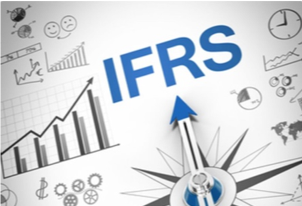
November 15, 2021
USAID supports Ukraine’s Electricity Market Operator to fight corruption
A significant step has been made toward building pubic trust in Ukraine’s energy markets. The state company Market Operator (MO) has gone through a process of reform supported by USAID to implement International Financial Reporting Standards (IFRS) and fight corruption. As a result of these efforts the MO earned internationally recognized certification for their anti-corruption management system.
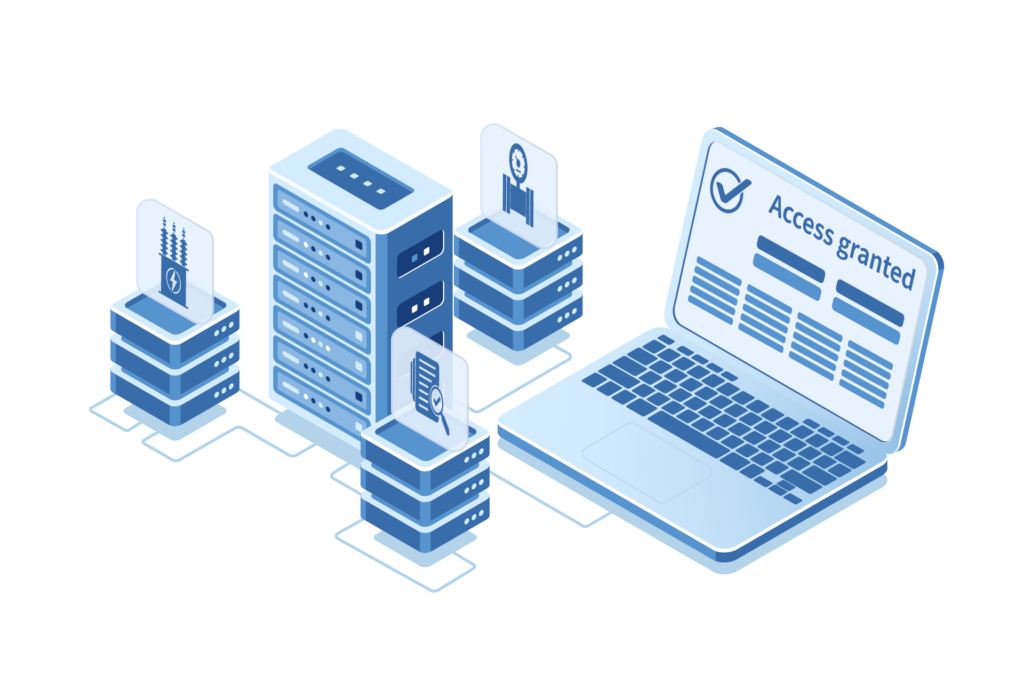
November 8, 2021
Benefits of Open Data in the Energy Sector
Open data ensures equal and transparent conditions and easy access to knowledge in the energy market. They help market participants to make informed and responsible decisions. At the same time, open data serve as an effective means of public control over market participants, helping to counter corruption, improve government services, and develop new services and tools. Dozens of products, online services, analytical modules, applications, and chatbots have been developed based on open data. Millions of people use these resources every month. Let’s have a look how it works.
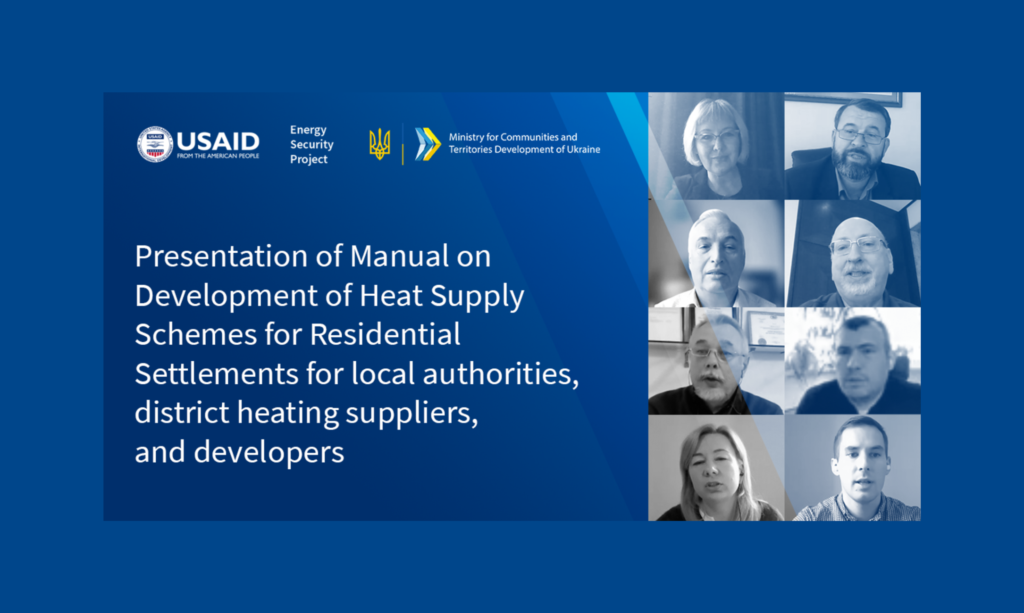
October 28, 2021
USAID ESP and the Ministry of Communities and Territories Development of Ukraine presented the Manual on Development of Heat Supply Schemes of Residential Settlements
USAID ESP and the Ministry of Communities and Territories Development of Ukraine presented the Manual on Development of Heat Supply Schemes of Residential Settlements
USAID Energy Security Project (ESP) and the Ministry of Communities and Territories Development of Ukraine presented the Manual on Development of Heat Supply Schemes of Residential Settlements to two hundred representatives of DH...
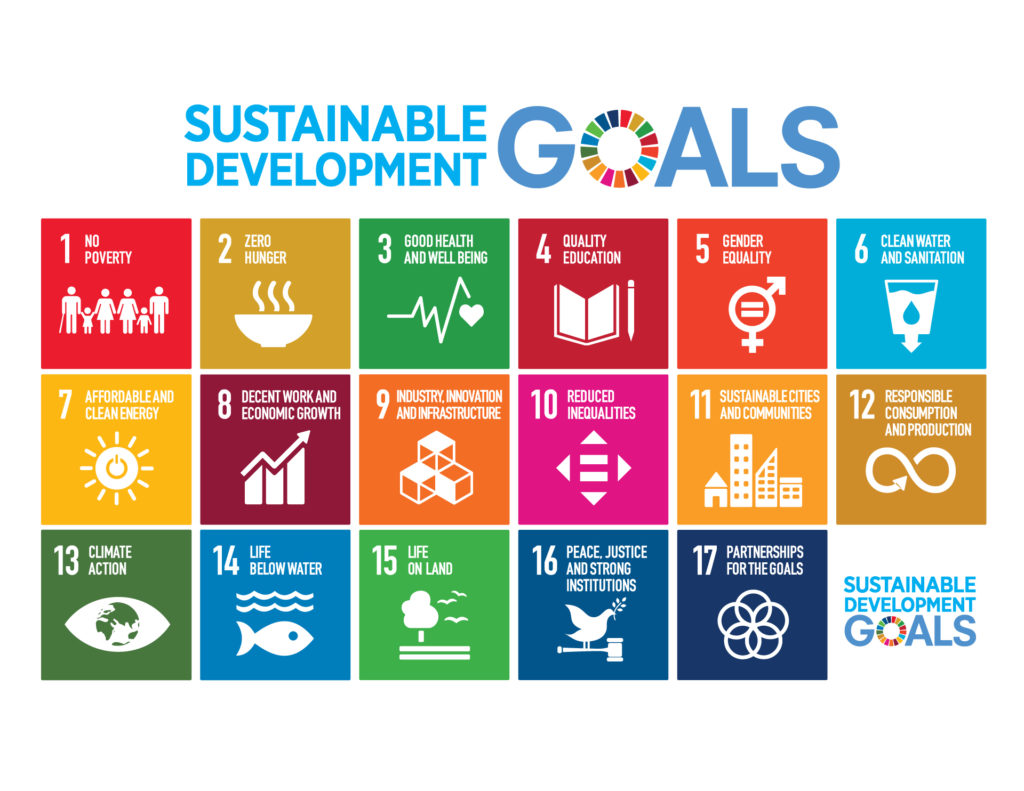
October 28, 2021
Energy Security Project and UN Sustainable Development Goals
In September 2015, the leaders of 193 UN member-states agreed to the Sustainable Development Goals (SDGs) that became effective in January 2016. They will lay the basis for the policy of the United Nations Development Program (UNDP) during the next 15 years.
Ukraine adapted the global goals and in September 2017, presented a national report “Sustainable Development Goals: Ukraine”. On...
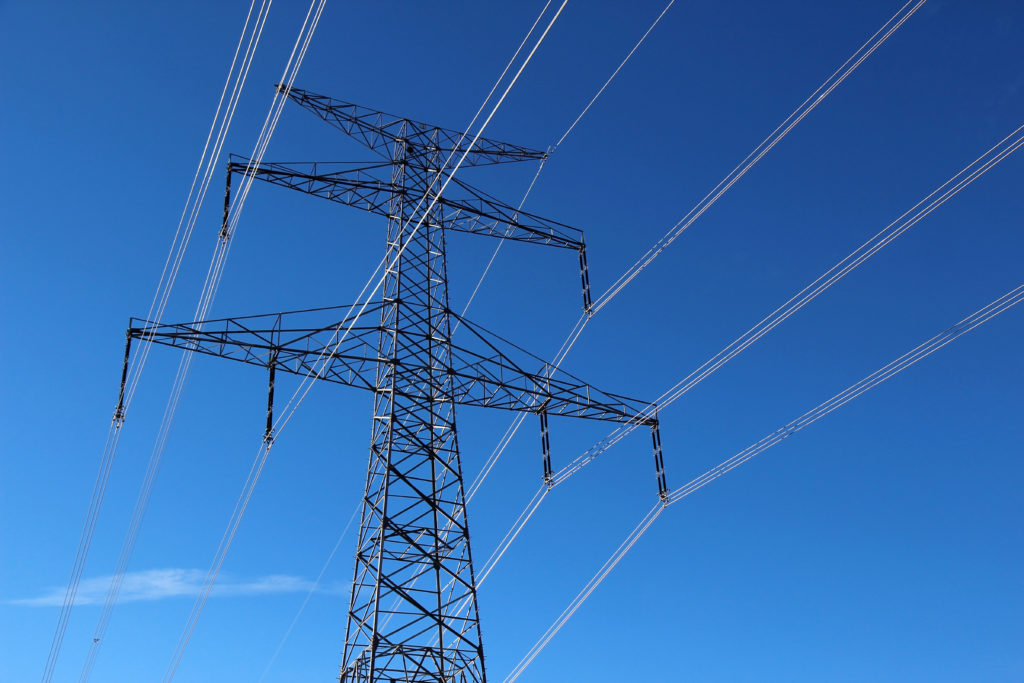
October 19, 2021
Integration of Ukrainian and EU Electricity Markets: What Are the Benefits for Ukraine?
The integrated power system of Ukraine (IPSU) currently works synchronously with Russia, Belarus, and Moldova. Today, only a small part of the Ukrainian power system – Burshtyn Energy Island (BEI) – is physically connected to European Union countries. BEI operates separately from the IPSU, so in the process of Ukraine’s overall synchronization with the European system, BEI will be connected to the IPSU. Connecting to the European network is key to reforming Ukraine's energy sector and will help balance the power system and reduce dependence on Russia. As a result of power system synchronization, Ukrainian electricity generators will gain access to new solvent markets, and Ukrainian traders and electricity suppliers will be able to diversify their resource portfolio, thereby increasing market competition and ensuring balanced operation of different segments of the Ukrainian electricity market. So, what will synchronization with the European system mean for Ukrainian consumers? Synchronization with the European energy market will give Ukrainian end consumers access to new suppliers at competitive prices, and thus provide reliable and high-quality electricity.
